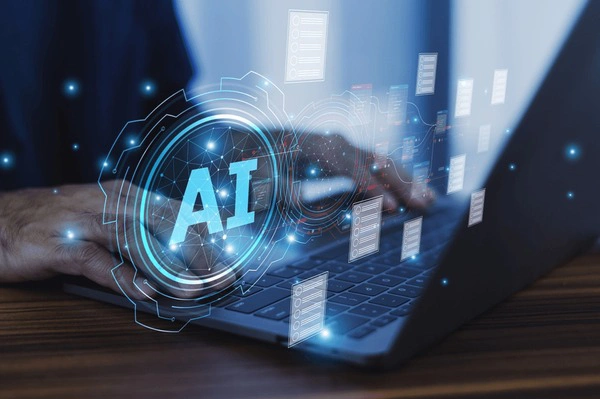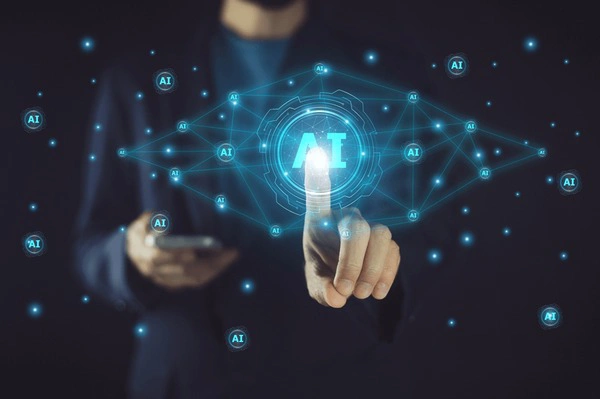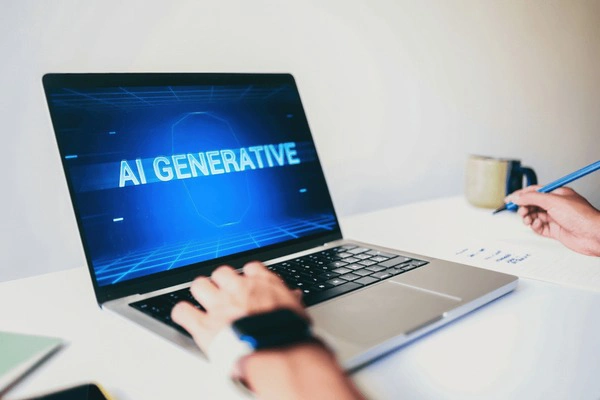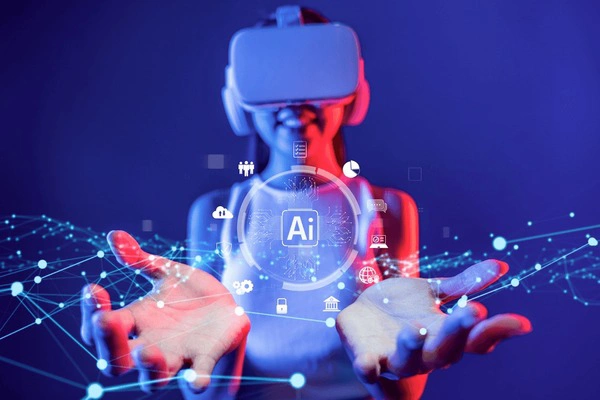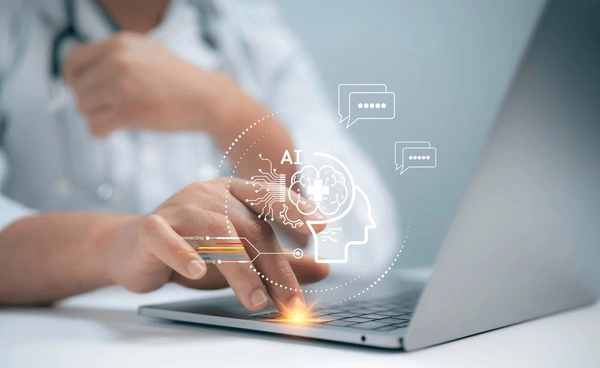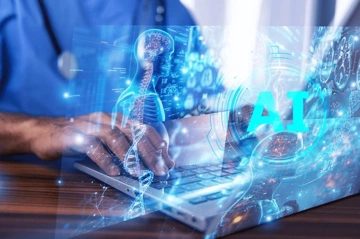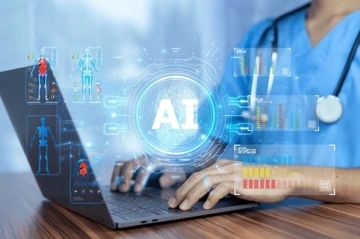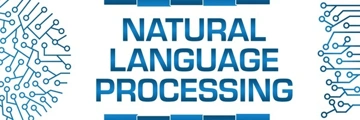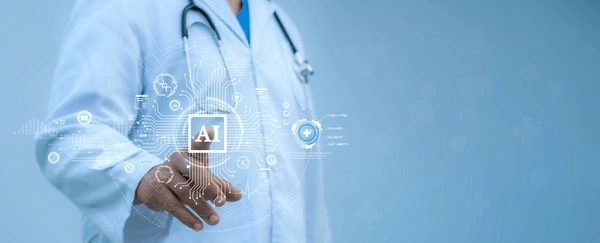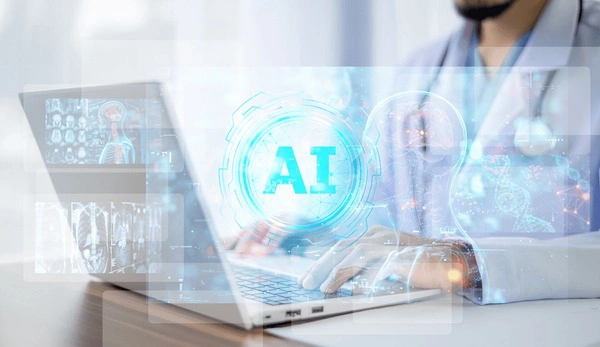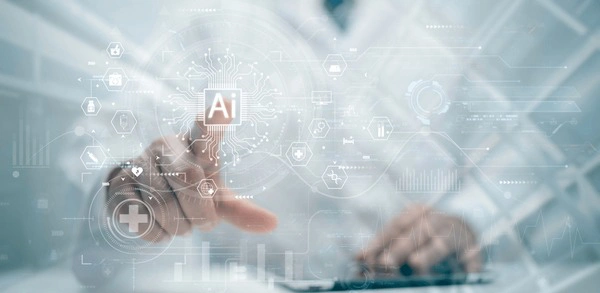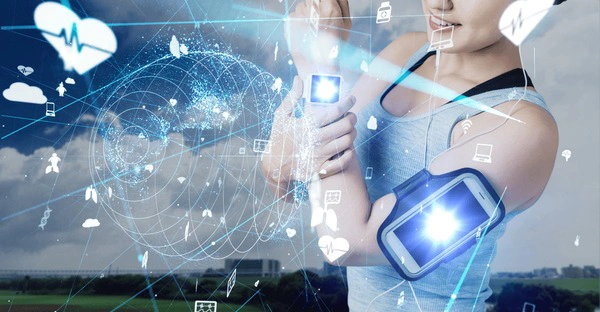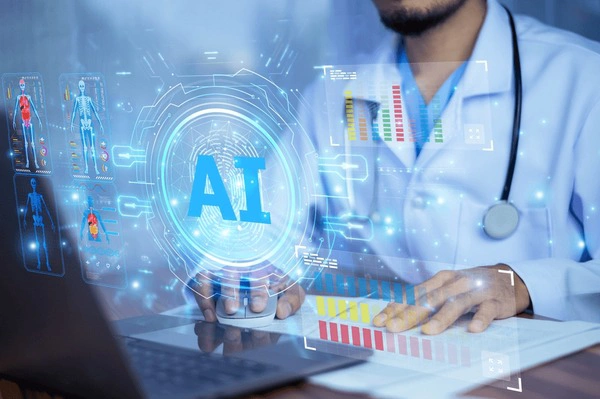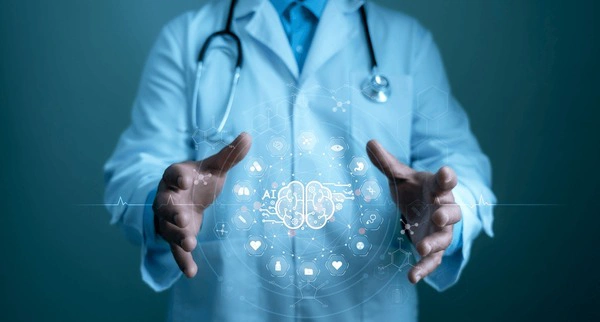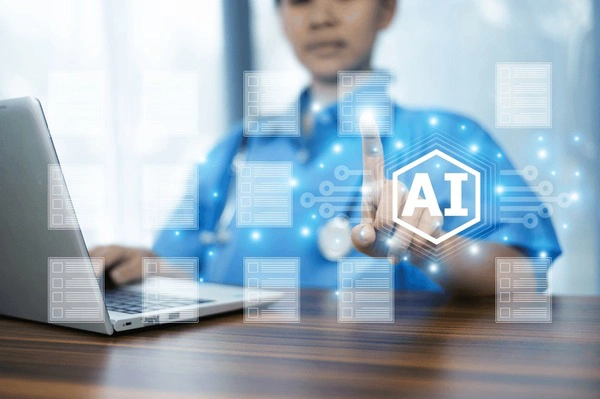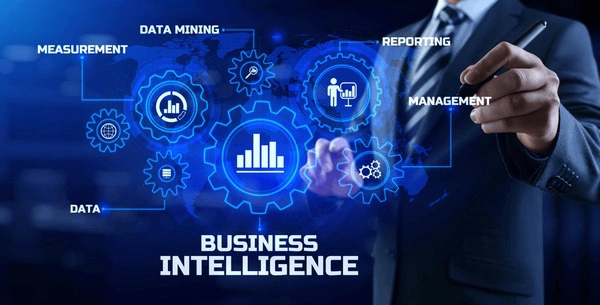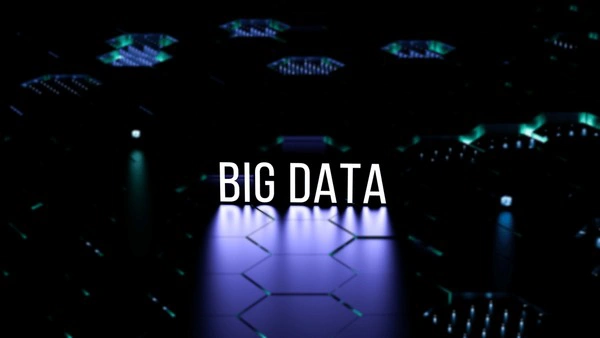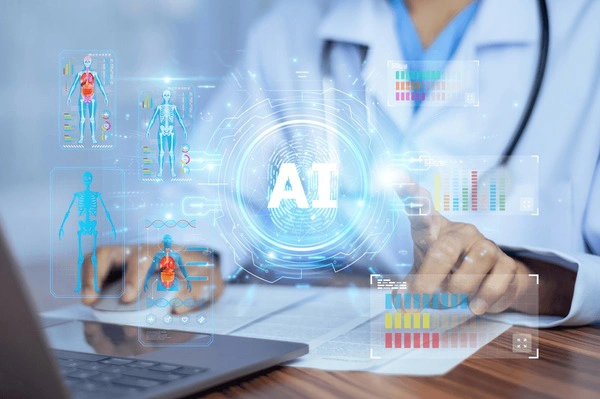
Harnessing AI for Personalized Nutrition: A Path to Healthier Living
AI is transforming nutrition by analyzing dietary habits and offering personalized advice. This technology makes healthy eating accessible and practical, especially for adults with low educational levels, by providing tailored recommendations based on individual needs and real-time data.
Jackson Mitchell
29/11/2024 - 7 months ago

Understanding AI in Nutrition
Artificial Intelligence (AI) is revolutionizing various aspects of our lives, and nutrition is no exception. With AI, we can now analyze dietary habits in ways we never thought possible. By processing vast amounts of data, AI can identify patterns and trends in our eating behaviors that would be challenging for humans to detect. This technological advancement opens up new possibilities for personalized nutrition advice, helping individuals make informed dietary choices that can lead to better health.
The integration of AI into nutrition involves sophisticated algorithms that can assess an individual's dietary intake, lifestyle, and health goals. By using machine learning models, these systems can predict nutritional deficiencies or potential health risks based on one's eating patterns. For instance, if someone frequently skips breakfast, the AI might suggest alternative meals to ensure they get essential nutrients throughout the day. This kind of personalized feedback is incredibly valuable for those looking to improve their health.
Furthermore, AI systems can continuously learn and adapt, offering users updated advice as their dietary habits or health conditions change. This dynamic approach ensures that the nutritional guidance provided remains relevant and beneficial. For adults with low educational levels, this means receiving clear and actionable advice without needing to understand the complex science behind nutrition. AI simplifies the process, making healthy eating accessible to everyone.
How AI Analyzes Dietary Habits
To analyze dietary habits, AI systems rely on data collection and analysis techniques similar to those used in other tech-driven fields. These systems gather data from various sources, including food diaries, shopping receipts, and even wearable devices that track physical activity. By compiling this data, AI can create a comprehensive picture of one's eating habits and overall lifestyle, providing insights that would be difficult to obtain manually.
Once the data is collected, AI uses machine learning algorithms to spot patterns, such as frequent consumption of processed foods or irregular meal timing. These insights can be crucial in identifying areas where dietary improvements are needed. For example, if the AI detects a high intake of sugary drinks, it might suggest healthier alternatives like water or herbal tea. These small changes can significantly impact long-term health outcomes.
Moreover, AI can personalize recommendations by considering individual preferences and restrictions, such as food allergies or dietary restrictions like vegetarianism. By understanding these unique factors, AI provides advice that is not only effective but also practical for the individual. This personalized approach ensures that the guidance is not just generic but tailored to meet specific needs, enhancing the likelihood of achieving better health outcomes.
Personalized Nutrition Advice for Better Health
Personalized nutrition advice powered by AI is a game changer for those seeking to improve their health. Unlike traditional dietary advice that often takes a one-size-fits-all approach, AI-driven recommendations consider each person's unique needs and circumstances. This tailored guidance can help individuals achieve their health goals more effectively, whether it's weight loss, managing a chronic condition, or simply adopting a healthier lifestyle.
AI helps bridge the knowledge gap for individuals who may not have access to professional nutritionists. By offering science-backed recommendations that are easy to understand and implement, AI empowers users to take control of their health. For instance, an AI app might suggest meal plans based on one's dietary preferences and nutritional needs, making it easier to stick to a balanced diet without feeling overwhelmed by choice or misinformation.
Furthermore, AI's ability to update recommendations based on real-time data ensures that users receive the most current advice. As dietary habits or health conditions change, AI adjusts its guidance accordingly, ensuring sustained progress towards health goals. This adaptability is particularly beneficial for adults with low educational levels, who may find it challenging to navigate the ever-evolving world of nutrition on their own.
The Future of AI in Nutrition
The future of AI in nutrition is promising, with continuous advancements expected to enhance its capabilities. As technology evolves, AI systems are likely to become even more adept at understanding complex dietary needs and providing more precise recommendations. This evolution could lead to the development of AI applications that are even more intuitive and user-friendly, further democratizing access to personalized nutrition advice.
In the coming years, we may see AI being integrated into more aspects of daily life, from smart kitchens that suggest recipes based on available ingredients to augmented reality apps that provide nutritional information about food items in real-time. These innovations have the potential to transform how we think about food and nutrition, making healthy eating a seamless part of everyday life.
However, as with any technological advancement, ethical considerations must be addressed. Ensuring data privacy and security is paramount, especially when dealing with sensitive health information. Additionally, there is a need for transparency in how AI systems make their recommendations to foster trust and confidence among users. By addressing these concerns, AI can continue to play a pivotal role in promoting healthier lifestyles and improving health outcomes for everyone.
